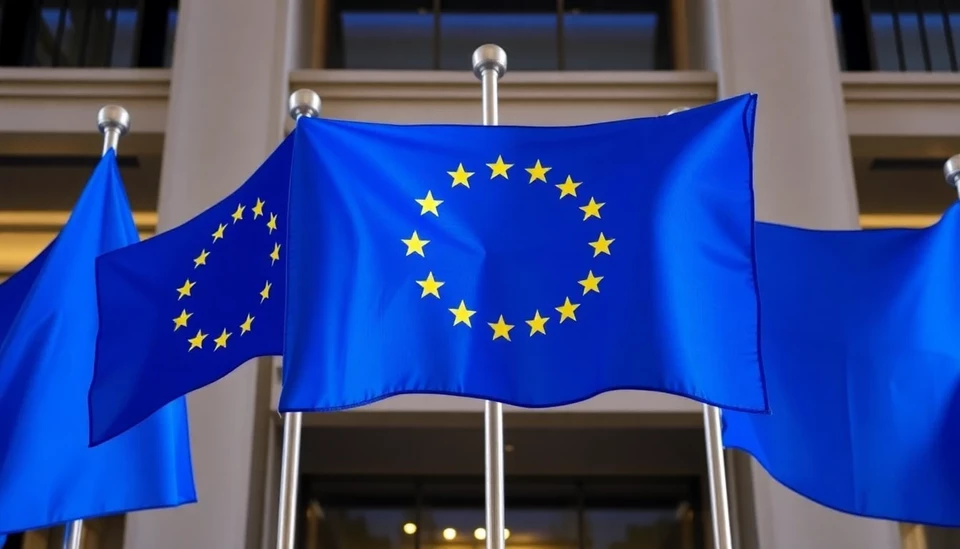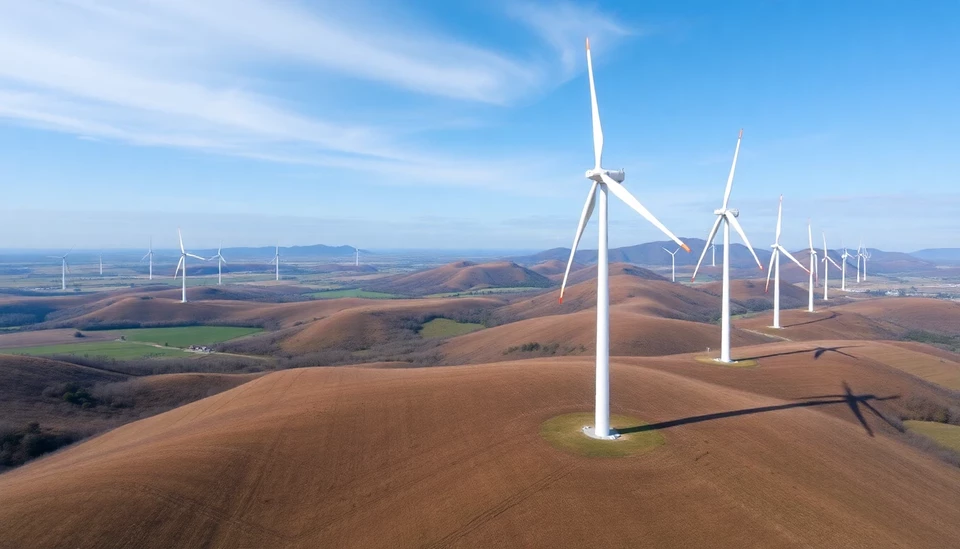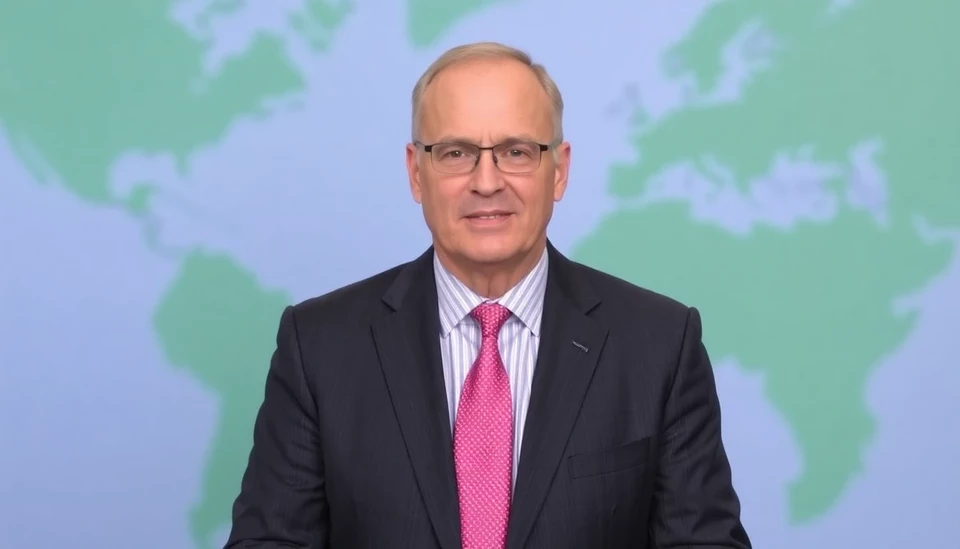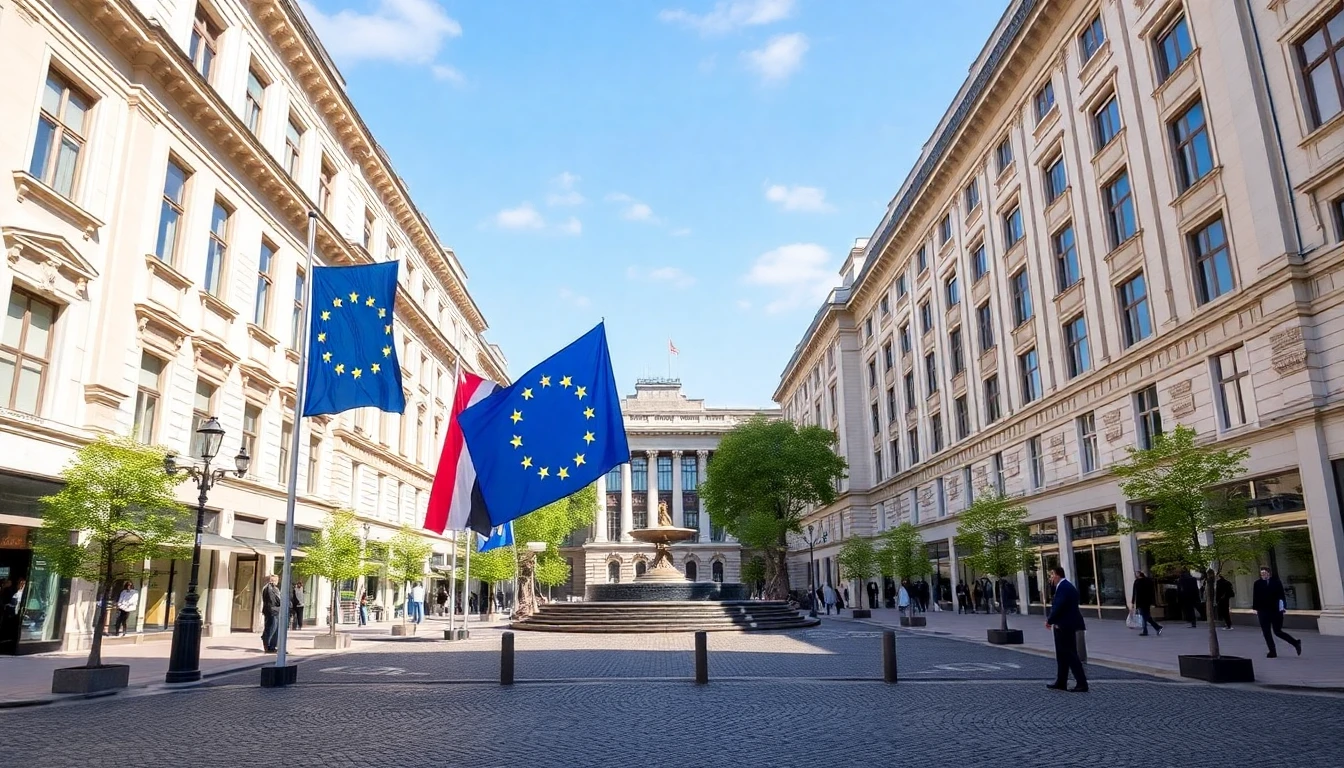
The European Investment Bank (EIB) is set to embark on a significant securitization initiative as it adjusts to the policies of the new European Union presidency. This strategic move aims to enhance the availability of funding for sustainable infrastructure projects across Europe, representing a proactive approach to meet both financial and environmental targets. The EIB, recognized for its pivotal role in financing European development, is increasing its focus on securitization—a method that allows institutions to pool assets and sell securities backed by those assets.
This move is particularly timely. With the new presidency advocating for innovative financing mechanisms, the EIB sees an opportunity to leverage securitization to mobilize more private investment. The aim is to not only diversify sources of funding but also to spread risk more effectively among investors, thereby making financing for green projects more attractive and feasible.
A recent report indicates that the EIB plans to explore a variety of asset classes for securitization, including loans related to renewable energy projects and infrastructure for green transport. By creating a market for these types of financial products, the EIB is hoping to bridge the funding gap that often hinders the advancement of critical projects necessary for achieving the EU’s climate targets.
The EIB's pressure to act is mounting in the context of a rapidly changing economic landscape and increasing urgency to adopt sustainable practices. The European Commission has set ambitious goals for climate neutrality by 2050, and the EIB is responsible for aligning its financing strategies with these objectives. Thus, improving access to funding through securitization aligns both with the EU's long-term economic goals and immediate environmental commitments.
Moreover, the EIB's move to promote securitization reflects a growing recognition within the EU of the importance of diversifying funding sources to secure the necessary capital for large-scale projects. As traditional public funding sources face limitations, the pivot toward securitization represents a practical solution to enhance liquidity in the market, ensuring that substantial financing is available for transformative projects that drive Europe towards a sustainable future.
In light of the new EU presidency, stakeholders are optimistic about the potential impacts of this initiative. Financial analysts suggest that with the right policies in place, the EIB could set a precedent that encourages further innovation in financing mechanisms, potentially inspiring collaboration between public and private sectors in developing sustainable infrastructure solutions.
As the EIB moves forward, it will likely face challenges in execution, but its initiative draws attention to the viability of securitization in redirecting investment toward green projects. This could establish a framework that other funding bodies might follow, reinforcing the role of the EIB in driving the EU’s commitment to a more sustainable economy.
Overall, the EIB's forthcoming securitization endeavor signifies a vital step in addressing the dual challenges of financing Europe's transition to sustainability while fostering economic stability in an ever-evolving market landscape.
#EIB #Securitization #EUPresidency #SustainableFinance #GreenInvestment #Infrastructure #ClimateNeutrality
Author: Samuel Brooks



